COP21 Depressed Me. And Then Gave Me Hope.
BY ANTHONY GIANCATARINO | December 15, 2015
Editor’s note: Today’s post is by Anthony Giancatarino, Director of Policy & Strategy of the Center for Social Inclusion. He wrote this reflection during his return trip to the U.S. after attending the COP21 climate change summit in Paris last week.
I raced up the steps of Montmartre, the highest point of Paris, in between meetings when the raindrops started to pick up. Sweaty and out of breath with no rain jacket, I was unable to find the entrance of St. Pierre church. I began to doubt my decision to take three different metro lines to sit in the same presence where St. Ignatius made his first private vows that led to the Society of Jesus.
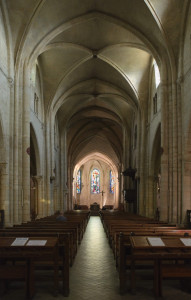
“Eglise Saint-Pierre Montmartre interieur nef choeur” by Photo: Myrabella / Wikimedia Commons. Licensed under CC BY-SA 3.0 via Commons
I had only two days left in Paris and I was trying to fit in a quick moment of reflection between a protest action for indigenous rights at the UN’s COP21 climate change summit and a meeting with partners near the Bastille (home of the French Revolution). I thought timed it right, but as what happened often during in my week in Paris, I was quickly humbled. It looked like this adventure was all for naught. But then at that moment, I saw the door. I paused.
Walking into St. Pierre, my stress vanished as I witnessed the stunning beauty of this Church. I could see how St. Ignatius was moved. The church was an odd mix: simple, complex, and sacred. I sat there asking for guidance, peace of mind, and clarity. In that moment, I saw that the church, in an odd way, was a replication of Mother Earth: simple, complex, and sacred.
As I reflected on this moment, a feeling of dread overcame me: Are we really going to throw it all away?
Climate change (disruption, chaos, or crisis) is real. It’s happening. Despite the political conversation within the United States, it is an accepted fact in the rest of the world. Globally speaking, science is not the problem; it is about how we confront this challenge.
This past week, I had the fortune to engage in conversations on how we solve this challenge at the events inside the UN’s heavily guarded COP 21 conference and in the multiple community-led events happening outside of the formal negotiations. I will spare you all of the details, nuances and complexities of the Paris Agreement, other than to say we have a whole lot more to do if we want to solve this challenge.
Instead, I wanted to share a little bit about my reflection in St. Pierre that day. I thought it fitting to practice a little bit of discernment. Ending up in Paris for work was a little bit outside of my typical role, as my work is deeply domestic facing. Sitting in St. Pierre, I wondered: “What am I doing here? How is this experience shaping the direction and decisions I make moving into the future—both personally and professionally?”
Ignatian reflection involves consolation (what gives us the fire of the Spirit) and desolation (what causes deep darkness and turmoil). And while discernment tends to be a more inward practice, my reflection on desolation quickly turned to the heartbreaking realities that are facing our global family.
We are living in rather dark times. Political leaders are using the fear of terrorism to unleash hateful rhetoric and policies that discriminate against and debase refugees, immigrants, and Muslims. We continue to see dignity denied to black men and women in our justice system. And while the US economy is supposedly on the mend, the income and wealth gap continues to grow nationally and globally.
So why should we focus on climate change as our answer when we have so many pressing challenges? As I began to reflect, it became clearer that working for climate change addresses all of these things.
The Desolation
I reflected on conversations at COP21 about how climate disruption is a root cause of our refugee crises in places like Syria, where the instability and growth of terrorism is deeply rooted in the systemic failures of a dried-up agricultural economy, exploitative energy system, and corrupt leadership. Meanwhile, those from small island states like the Carteret Islands in Papa New Guinea, told heartbreaking stories of relocating entire villages because of rising sea levels. These people are experiencing hell on earth.
I thought about what goes on here in the United States. Climate and environmental injustices are drawn along racial lines. The environmental impacts of fracking, coal, and other dirty fuels of are making both people and the planet sick. The impact is highest in poor communities in the Global South, while in the U.S. black and indigenous communities are more likely to suffer from the pollution of coal plants, oil and gas refineries, and oil fields like Bakken in North Dakota.
And I reflected on some of the most egregious injustices that are being touted in the name of climate change solutions. I heard leaders of the Via Campesina movement talk about losing their rights to the Amazon, as Brazil sold the land to private companies for the development of monocrops to create carbon-neutral fuel. Indigenous African leaders talked about how whole communities were being forcibly removed from their land as part of a UN-sanctioned program called REDD that allowed states and companies to “buy” trees as a way to offset their pollution. These solutions are carbon neutral, but are they just?
And lastly, I was deeply saddened to see the United States, historically the largest emitter of carbon and pollution, continually shirk its duty and obligation. The U.S. has only met 20% of our obligation in climate finance that helps countries pay for adaptation. This past Friday, Secretary Kerry threatened to walk out of an agreement if it makes financial commitments binding. At the same time, states in the Global South like Vietnam, whose fishing economy is threatened by climate change, stepped up and committed their full share of obligations. It was at this point a feeling of dread and actual desolation overcame my spirit.
The Consolation
Yet in that very desolation, light breaks in. These challenges facing our world are exactly the challenges we as Catholics are called to respond to. As the stories show, climate change is about dignity, justice, and equity. And my consolation started with an appreciation that Pope Francis has thrown the doors open to climate justice in his powerful encyclical, Laudato Si. As Pope Francis made clear in his text, climate justice is more than just capping carbon or saving the environment; it is actually about survival and living with the sacred.
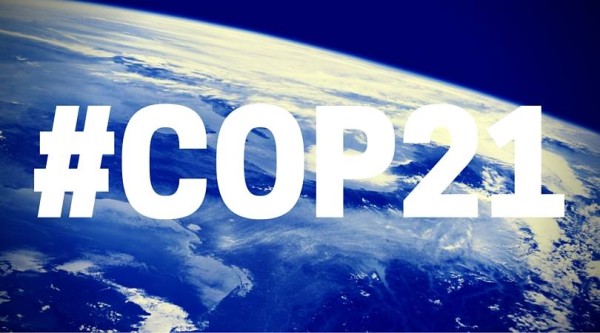 I thought about how, despite each of these dark stories, there was tremendous power in the solutions being proposed by people of all nations, races, and faiths. Every problem was met by just and equitable solutions. Refugees showed adaptation techniques they learned that incorporate ecological justice and dignity of labor.
I thought about how, despite each of these dark stories, there was tremendous power in the solutions being proposed by people of all nations, races, and faiths. Every problem was met by just and equitable solutions. Refugees showed adaptation techniques they learned that incorporate ecological justice and dignity of labor.
A contingent of U.S. frontline communities highlighted strategies to build a just transition at home, in which communities and workers can move away from reliance on coal to renewables in a way that allow for fair wages and subsidiarity. And indigenous communities shared examples of how to protect forests and tribal villages, without having to displace people.
The solutions and hope that people shared quickly turned my despair to hope. It affirmed to me that climate justice is our next step forward as Catholics in the modern world. If we all take up the call for climate justice, we might just succeed in achieving it. What better way to honor Ignatius’s commitment that took place over 500 years ago in St. Pierre de Montmartre than by celebrating a globally engaged faith that is simple, complex and sacred?
 Anthony Giancatarino directs the Food Equity and Energy Democracy programs at CSI. Anthony’s work focuses on collaborating with grassroots leaders and national policy advocates to build policy strategies that create racial equity within both the food and climate movements.
Anthony Giancatarino directs the Food Equity and Energy Democracy programs at CSI. Anthony’s work focuses on collaborating with grassroots leaders and national policy advocates to build policy strategies that create racial equity within both the food and climate movements.
Anthony has written and commented for a variety of publications, including The Guardian-US, Grist, YES! Magazine, Greenbiz and Resilience.org. He holds a master’s degree in public administration, with a focus on the intersection of race, place, and policy from the NYU Wagner School for Public Service. In addition to his M.A., Anthony holds a bachelor’s degree in Theology and Political Science from the University of Scranton.
Anthony is a father of two girls, Anna and Ella, and lives in Philadelphia with his wife Kate. He is currently a fellow working at the intersection of community, racial justice, and a new energy economy. Anthony is a 2004 alum of the University of Scranton, where he studied Theology and Political Science.

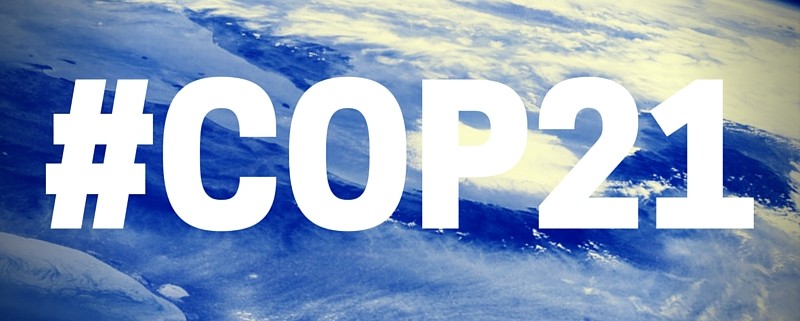
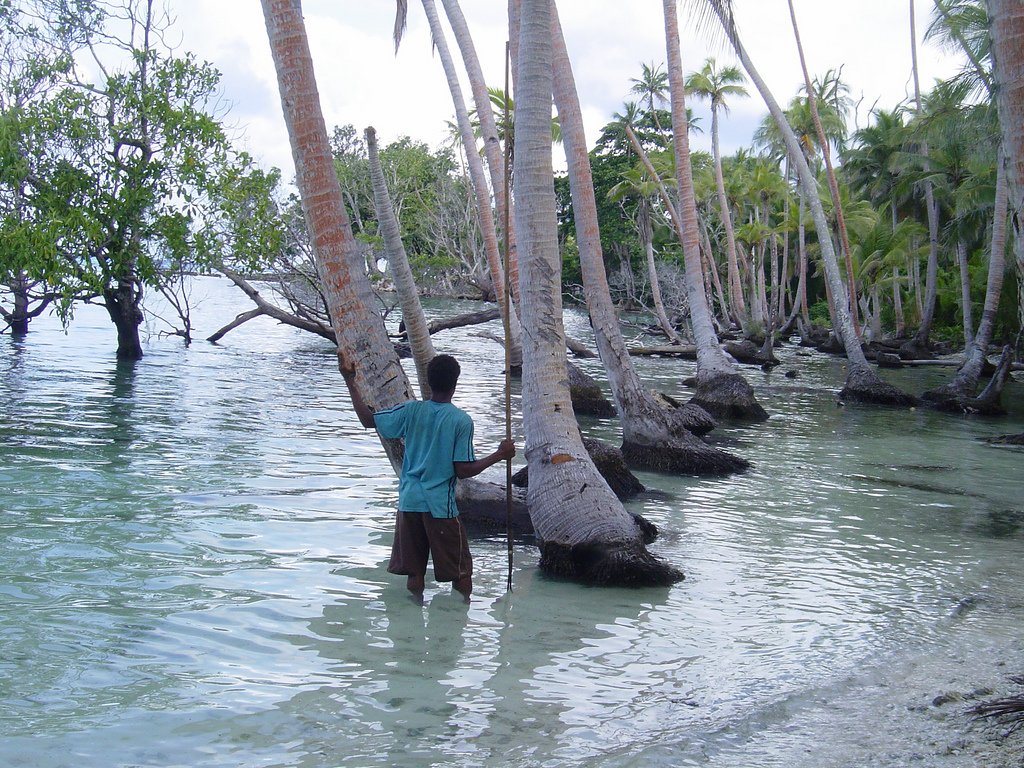

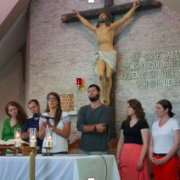

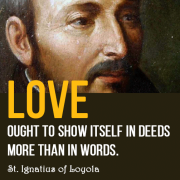
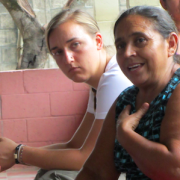
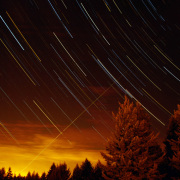



Trackbacks & Pingbacks
[…] Source. […]
Leave a Reply
Want to join the discussion?Feel free to contribute!